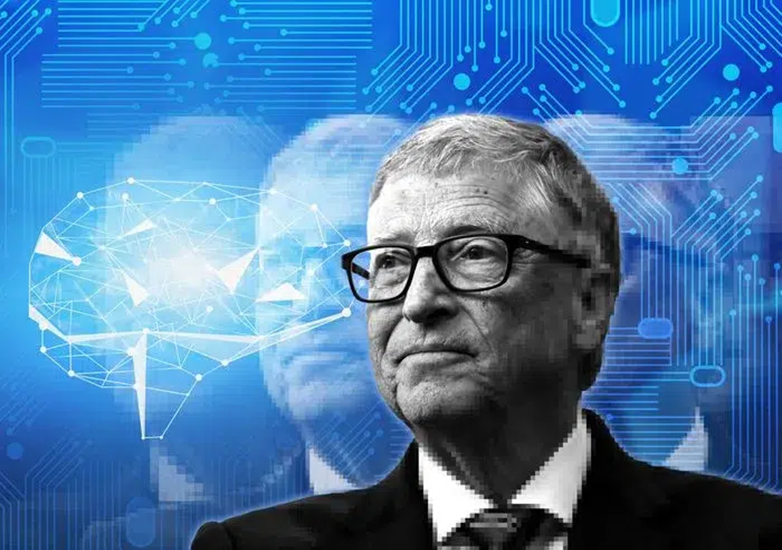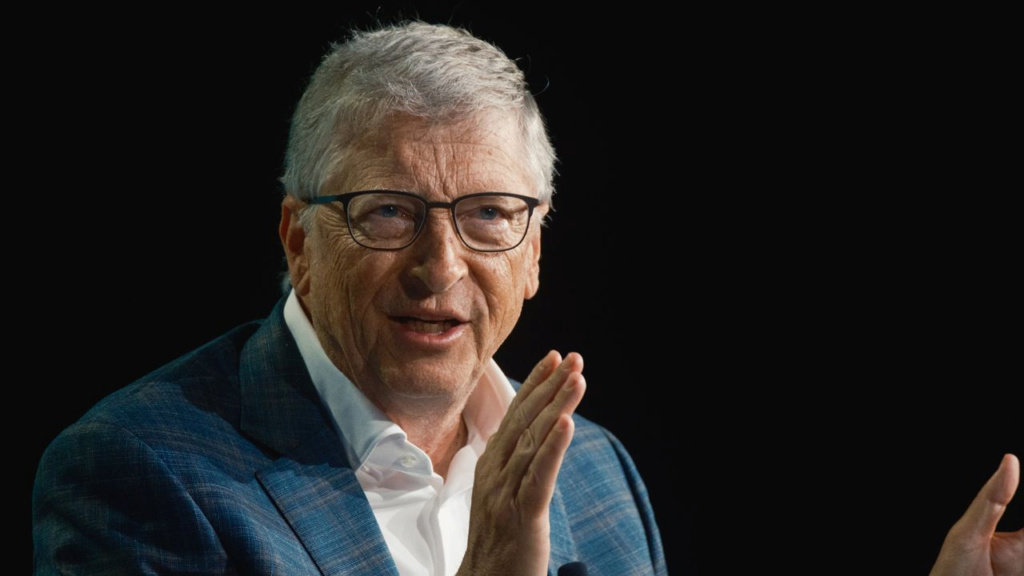Gates Explains Why We Should Not Be Afraid Of Artificial Intelligence

Bill Gates, the co-founder of Microsoft, believes in the potential of artificial intelligence, and it is often repeated that he believes that large language paradigms, such as those on which ChatGPT is based, are the most important advance in technology since personal computers .
Although Gates says that the advent of technology may lead to problems such as: deepfakes, biased algorithms, and cheating in school, he expects that the problems arising from the technology are solvable.
“One thing is clear from all that has been written so far about the dangers of AI — and much has been written — that no one has all the answers,” Gates wrote in a blog post this week. "One more thing that is clear to me is that the future of artificial intelligence is not as bleak as some think or as rosy as others think," he added.

He believes Gates, making his point on the dangers of AI, could shift the technology debate away from "doomsday scenarios" toward more limited regulation that addresses current risks, as governments around the world grapple with how to regulate the technology. and its potential failures.
Gates is a leading voice in the field of artificial intelligence and its regulation. It is also still closely affiliated with Microsoft, which invested in (Open AI) and integrated (ChatGPT) into its core products, including: (Office) and the operating system (Windows 11).
In Gates' post, the billionaire cites how society has reacted to past developments to prove that humans have adapted to major changes in the past, and will do so with artificial intelligence as well.

"For example, technology will have a huge impact on education, but that's what portable calculators did a few decades ago, which recently allowed computers to enter the classroom," Gates wrote.
The kind of regulation the technology needs, Gates suggests, are "speed limits and seatbelts." He said: “Shortly after the first cars were taken to the roads, the first traffic accident occurred. But we didn't ban cars, we adopted speed limits, safety standards, licensing requirements, drink-driving laws and other rules of the road.
Gates expressed his concern about some of the challenges arising from the adoption of the technology, including: how it can change people's jobs, and "hallucinations", or the tendency of models, such as: (GPT chat) towards the fabrication of facts, documents, and people.
As an example, he cites the problem of deepfakes, which use artificial intelligence models to allow people to easily create fake videos impersonating someone else, which can be used to deceive people or manipulate voters.
Source : websites

